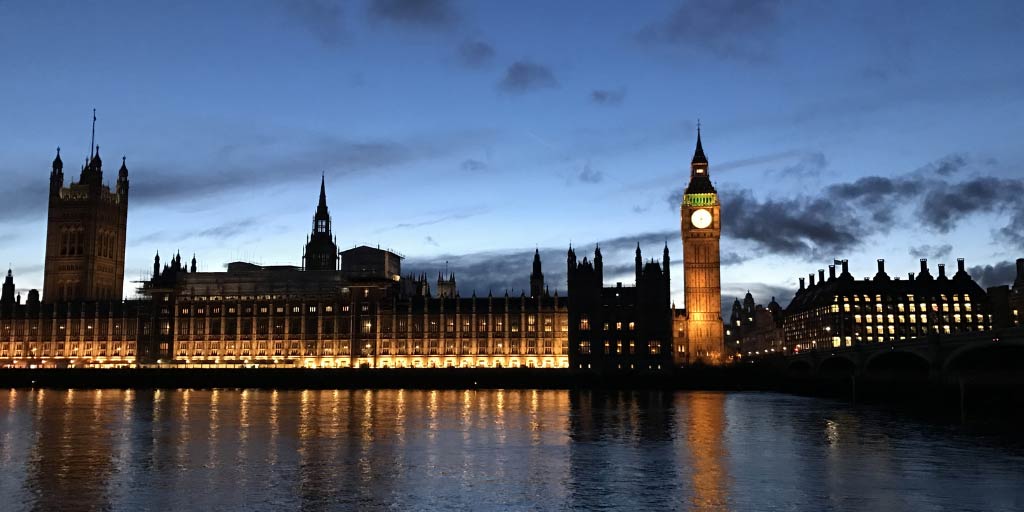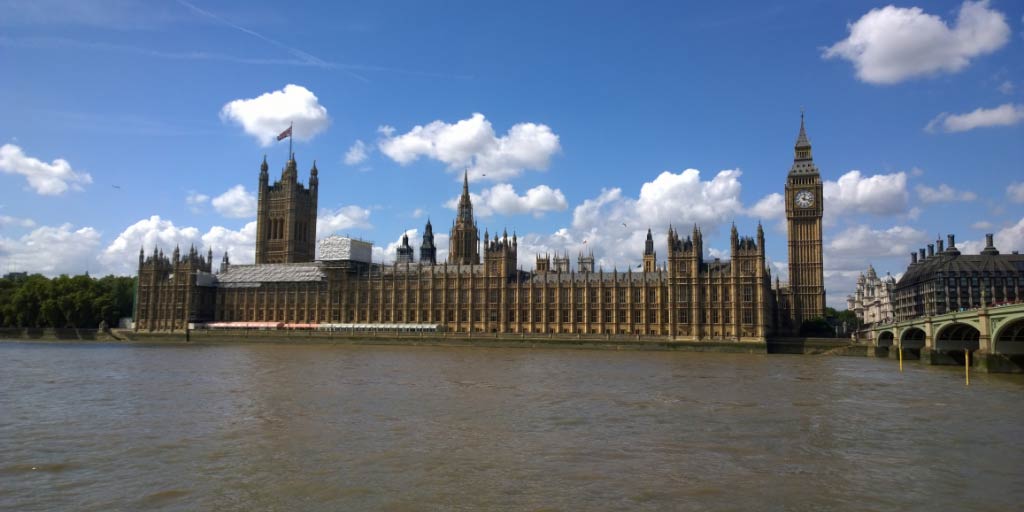This information should not be interpreted as financial, tax or legal advice. Mortgage and loan rates are subject to change.

Category: government and politics
The Labour government has rejected calls for decade-long selective licencing schemes, having acknowledged the burden that licencing shackles onto Private Rented Sector (PRS) landlords. Instead, they are sticking to a maximum five-year duration.
Selective licencing requires landlords to obtain a licence from a local authority in order to rent out properties in a designated area. This kind of scheme allows councils to improve the quality of housing in their areas by ensuring that properties are managed to high standards.
During a committee meeting with the House of Commons concerning the Renters’ Rights Bill, housing minister Matthew Pennycook explained the benefits of selective licencing working effectively alongside the new systems introduced in the Bill.
Pennycook said to the Commons:
We think a maximum duration of five years for discretionary licence schemes strikes the right balance … It gives local authorities time to realise improvements while ensuring that landlords are not by default subject to increased regulation for prolonged periods.
There is a growing sentiment among the more left-leaning MPs that the government could increase the lengths of licencing schemes further as a means to improve housing conditions for residents.
Green Party proposed amendments
A proposed amendment by Green Party co-leader Carla Denyer suggested a further increase to scheme lengths.
Denyer wants local authorities to have more power over their areas. The first step would be for the government to relinquish its ability to veto selective licencing schemes.
There is also currently a requirement for PRS properties to make up a significant portion of all properties in a given area, which Denyer has deemed arbitrary.
On top of that, the Secretary of State reserves the ability to stop any scheme that covers more than 20% of a local authority area.
Denyer said:
If there are acute issues in the private rented sector that can be addressed through a selective licensing scheme, it seems arbitrary for local authorities to be unable to establish such a scheme just because that sector does not form a large proportion of the whole housing stock.
“It does not make sense for local authorities introducing selective licensing schemes to have to spend a lot of money on preparing the paperwork for the scheme without knowing whether it will ultimately go ahead.
Denyer backs the Chartered Institute of Environmental Health, one of the main voices calling for reducing bureaucratic barriers that stifle attempts to improve housing standards across the UK.
MPs did not vote on the amendment and Pennycook did not comment further on whether this proposal would realistically improve housing quality. So far, the government seems unmoving on this issue.
Councils enacting change
In South London, a council has made a vote to extend a local selective licencing scheme, albeit in terms of distance it covers, rather than length of time. Lambeth councillors voted to expand the scheme to 23 of 25 wards in the area.
The authority’s first licencing scheme was implemented in September in a few specific wards, and more than 1,000 landlords applied for a £923 licence within the first month, proving its necessity.
With one third of properties in Lambeth being part of the PRS, the council believed that a larger scheme was required in order to improve the safety of the area’s housing stock and tackle rogue landlords.
However, housing secretary Angela Rayner will have to give approval for the council’s extended scheme as it covers more than 20% of the council’s territory.
It remains to be seen if other councils will vote to expand the scope of their selected licencing schemes, though it seems that the government is intent on keeping them to a maximum of five years for the foreseeable future.


